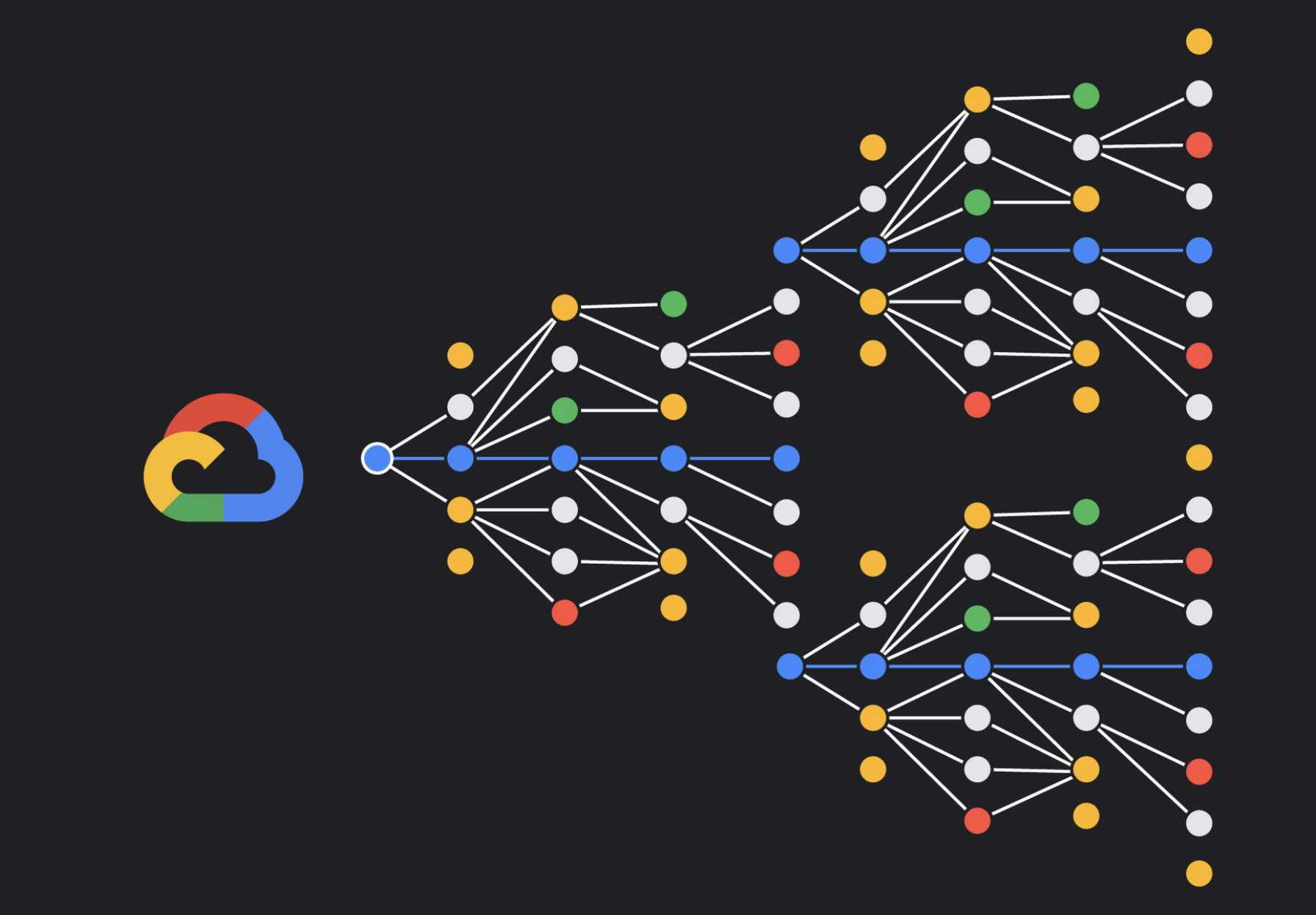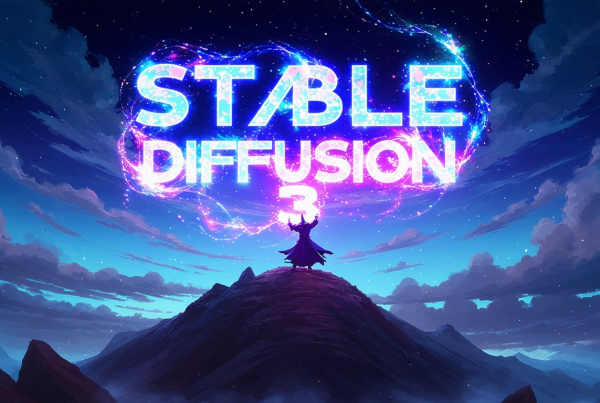
( Google AI Studio and Vertex AI )
Artificial Intelligence is rapidly transforming the startup landscape, offering powerful tools for innovation and growth. For many startups, the challenge lies not in recognizing AI’s potential, but in choosing the right platform to bring their ideas to life. Google Cloud presents two compelling options: Google AI Studio and Vertex AI. Each platform caters to different needs and stages of AI development. Let’s explore how these tools can propel your startup forward.
Google AI Studio: Accessible AI for Early-Stage Innovation
Google AI Studio is designed to lower the entry barrier for AI experimentation, making it an attractive option for startups in their early stages.
Key Advantages:
- Cost-effective: Free to use, allowing budget-conscious startups to explore AI capabilities.
- User-friendly interface: Designed for rapid prototyping and experimentation.
- Low technical barrier: Suitable for teams with varying levels of coding expertise.
Ideal Use Cases:
- Initial AI concept exploration
- Quick proof-of-concept development
- Learning and skill development in AI technologies
Notable Features:
- Collaboration Tools: Easy sharing and saving of prompts via Google Drive.
- Code Export: Capability to turn prompts into usable code snippets.
- Multi-Modal Support: Works with text and various other modalities, excluding image generation at present.
While Google AI Studio offers a great starting point, it does have limitations. It operates under stricter quota limits (QPM, RPM, TPM) and lacks some of the advanced features found in more comprehensive platforms.
Vertex AI: Comprehensive Solutions for Scaling AI
As your AI projects mature and your startup grows, you may find yourself needing more robust tools. Vertex AI offers a full suite of features for developing, deploying, and managing AI at scale.
Key Strengths:
- Enterprise-grade security: Includes features like VPC-SC, CMEK, and AXT for data protection.
- Scalability: Flexible quotas that can be adjusted to meet growing demands.
- Advanced model access: Experiment with cutting-edge models such as Gemini, PaLM 2, and Imagen 2.
Suited For:
- Startups ready to deploy AI solutions at scale
- Projects requiring extensive customization and fine-tuning
- Teams focused on building production-ready AI applications
Advanced Capabilities:
- Model Customization: Tools for fine-tuning foundation models to specific use cases.
- Multi-Modal Integration: Seamless work across text, image, and video modalities.
- MLOps Functionality: Features for versioning, pipeline automation, and model governance.
Vertex AI provides the robust infrastructure needed for serious AI development, but it does come with a steeper learning curve and potential cost implications.
Making an Informed Choice
Selecting between Google AI Studio and Vertex AI involves considering several factors:
- Development Stage:
- For early experimentation and prototyping, Google AI Studio is often sufficient.
- When moving towards production and scalability, Vertex AI becomes more appropriate.
- Technical Expertise:
- Teams with limited AI experience may find Google AI Studio more accessible.
- Data science teams can leverage Vertex AI’s advanced capabilities more effectively.
- Resource Allocation:
- Startups with tight budgets can utilize Google AI Studio’s free offerings.
- Well-funded startups ready to invest in AI infrastructure may benefit from Vertex AI’s scalability.
- Security Requirements:
- For basic projects, Google AI Studio’s security measures are usually adequate.
- When handling sensitive data or requiring compliance with strict regulations, Vertex AI’s enterprise-grade security becomes crucial.
- Long-Term AI Strategy:
- If you’re building a quick MVP for validation, Google AI Studio can get you there efficiently.
- For startups where AI is a core component of the product or service, Vertex AI provides room for growth and sophistication.
Looking Ahead: AI Trends for Startups
As you chart your course in AI development, keep these emerging trends in mind:
- Democratization of AI: Both platforms are likely to continue expanding their user-friendly features, making AI more accessible to non-experts.
- Responsible AI Development: Expect increased focus on tools for ethical AI implementation and governance.
- Edge AI Capabilities: Watch for enhanced support in deploying AI models on edge devices, opening new possibilities for real-time, on-device AI applications.
Conclusion
Whether you’re taking your first steps into AI with Google AI Studio or scaling your solutions with Vertex AI, you’re at the forefront of a technological revolution. The key is to align your choice of platform with your current capabilities, resources, and future aspirations.
Start with clear objectives, be prepared to iterate, and remain flexible as your needs evolve. With Google Cloud’s AI tools at your disposal, you’re well-positioned to transform your innovative ideas into impactful solutions.
As you embark on your AI journey, remember that the path to success often involves experimentation and adaptation. Choose the platform that best fits your current stage, but don’t hesitate to reassess as your startup grows and your AI needs change.


